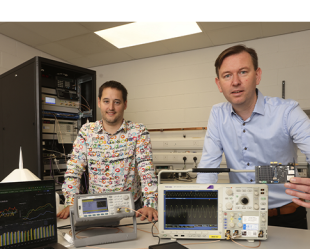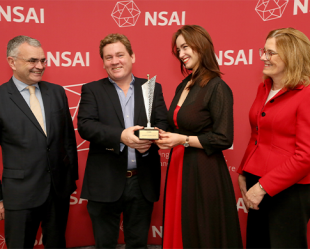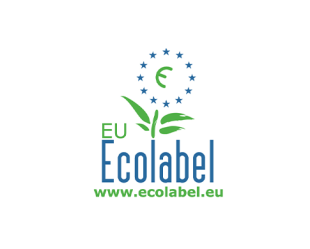To celebrate World Standards Day, a video competition was held where entrants were asked to highlight the importance of standards in a 15 second film. View the winning entry, along with the nine finalists.
Standards - the world’s common language
Imagine a world without traffic lights. What would happen if a green light meant ‘Go’ in some countries and ‘Stop’ in others? If credit card sizes were not standard or if universal signs for emergency exits or men’s and women’s toilets did not exist? Standards enable communication between people, machines, and products. Without them, many of our daily activities would be impossible.
Get involved: To celebrate World Standards Day on 14th October, NSAI is encouraging the public to celebrate standards by tweeting @NSAI_Standards a picture of your favourite standard, using the hashtag #SpeakStandards.
Commenting on World Standards Day, NSAI’s Manager of Standards, Publications and Supports, Justin Tallon, said standards not only benefit our everyday lives but they also enhance trade operations facilitate commerce, protect property and promote public health.
“We are living in a world that is undergoing profound transformations at all levels. Economies have never been more interdependent. Today, products that are consumed in one market are no longer made in one country; they are made in the world. Before they get to the end-consumer, they transit through many countries where manpower or parts add value to the final product,” said Mr. Tallon.
“Small and medium enterprises that use international standards will find it easier to get their products certified and are better able to compete and sell anywhere in the world. With international standards SMEs are able to take part in global value chains and benefit from technology transfer,” he continued.
World Standards Day pays tribute to the thousands of men and women all over the world who develop voluntary standards for the advancement and welfare of societies.
In Ireland, NSAI has developed over 280 home grown documents since its inception in 1996, some of which have been adopted internationally such as the International Standard ISO 50001:2011 (Energy management systems - Requirements with guidance for use) which started life as I.S. 393:2005 (Energy management systems - Requirements with guidance for use). NSAI contributes to the development of many European and International standards which currently number over 30,000.
“Countries that have mainstreamed international standards in their policies and regulations are able to better protect the public and give them a bigger choice of quality products,” said Maurice Buckley, Chief Executive of NSAI.
“Standards also help expedite business worldwide and facilitate better collaboration around the world, which ultimately enhances trade operations. Without standardisation, communication and collaboration between people, machines, and products would be extremely challenging on an international level. As more people connect through technologies and global businesses continue to adopt methods to increase efficiency and streamline operations, standards remain an integral piece of the process,” he added.
For further information, visit NSAI.ie or follow us on twitter @NSAI_Standards #Speakstandards.



